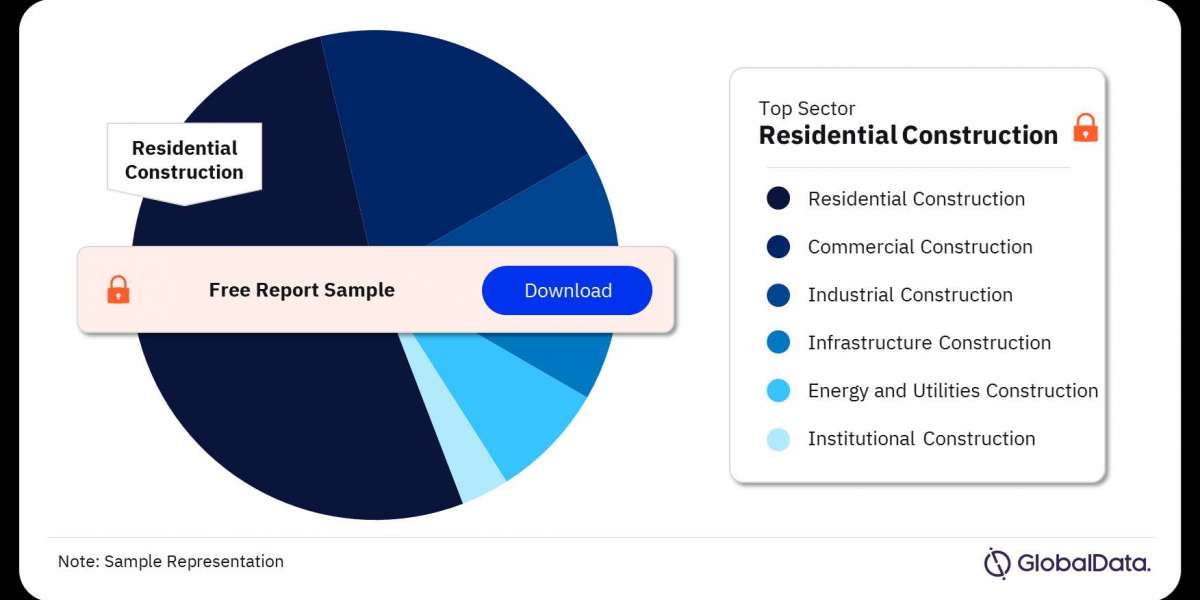Introduction
Sweden, a Nordic country known for its high standard of living and commitment to sustainability, has a thriving construction market. The country's robust economy, coupled with a focus on sustainable development and energy efficiency, has driven significant growth in the construction sector. This article explores the key trends, challenges, and opportunities shaping the Swedish construction market.
Key Trends in the Swedish Construction Market
- Sustainability Focus: The Swedish government has set ambitious targets for sustainable development, including reducing greenhouse gas emissions and promoting energy efficiency. This has led to a growing demand for sustainable construction practices and materials.
- Energy Efficiency: Building codes and regulations in Sweden prioritize energy efficiency, encouraging the use of energy-efficient technologies and materials.
- Digitalization: The construction industry in Sweden is increasingly adopting digital technologies, such as Building Information Modeling (BIM) and automation, to improve efficiency and productivity.
- Modular Construction: Prefabricated and modular construction methods are gaining popularity, offering faster construction times and reduced costs.
- Infrastructure Development: The Swedish government is investing heavily in infrastructure projects, including transportation, energy, and telecommunications, driving demand for construction services.
Challenges Facing the Swedish Construction Market
- Labor Shortages: The construction industry in Sweden faces a shortage of skilled workers, particularly in specialized areas like carpentry, plumbing, and electrical work.
- Rising Costs: The cost of construction materials, labor, and energy has been on the rise, impacting project profitability.
- Environmental Regulations: Strict environmental regulations can increase the complexity and cost of construction projects.
- Economic Fluctuations: The Swedish economy is subject to global economic trends, which can affect demand for construction services.
Opportunities for Growth in the Swedish Construction Market
- Renewable Energy: The growing focus on renewable energy presents opportunities for construction projects related to wind, solar, and hydroelectric power.
- Infrastructure Development: Continued investment in infrastructure projects, such as transportation and energy infrastructure, will drive demand for construction services.
- Sustainable Construction: Adopting sustainable construction practices, such as green building standards and energy-efficient designs, can differentiate businesses and attract environmentally conscious clients.
- Digitalization: Leveraging digital technologies to improve project management, efficiency, and collaboration.
- Export Markets: Exploring opportunities to export construction services and products to neighboring countries and regions.
Key Segments of the Swedish Construction Market
- Residential Construction: Building new homes and apartments, as well as renovation and remodeling projects.
- Commercial Construction: Construction of office buildings, retail spaces, hotels, and other commercial facilities.
- Infrastructure Construction: Building roads, bridges, railways, and other infrastructure projects.
- Industrial Construction: Construction of industrial facilities, such as factories, warehouses, and power plants.
- Specialized Construction: Construction projects in specialized areas, such as healthcare, education, and defense.
Future Trends in the Swedish Construction Market
- Circular Economy: The adoption of circular economy principles, such as recycling and reuse of materials, in the construction industry.
- Prefabrication and Modular Construction: The continued growth of prefabrication and modular construction methods for faster and more efficient building.
- Digital Twins: The use of digital twins to create virtual representations of construction projects, enabling better planning, coordination, and risk management.
- Sustainable Materials: Increasing use of sustainable and eco-friendly construction materials, such as wood, recycled materials, and bio-based products.
- Cross-Border Collaboration: Strengthening collaboration with neighboring countries in the Nordic region to share knowledge and expertise in the construction sector.
Conclusion
The Swedish construction market is a dynamic and growing industry, driven by factors such as economic growth, urbanization, and a strong focus on sustainability. By understanding the key trends, challenges, and opportunities, businesses can position themselves for success in this market. As the country continues to develop and modernize, the construction sector is poised for further growth and innovation.
Buy the Full Report to Know More about the Sweden Construction Market Forecast, Download a Free Report Sample








